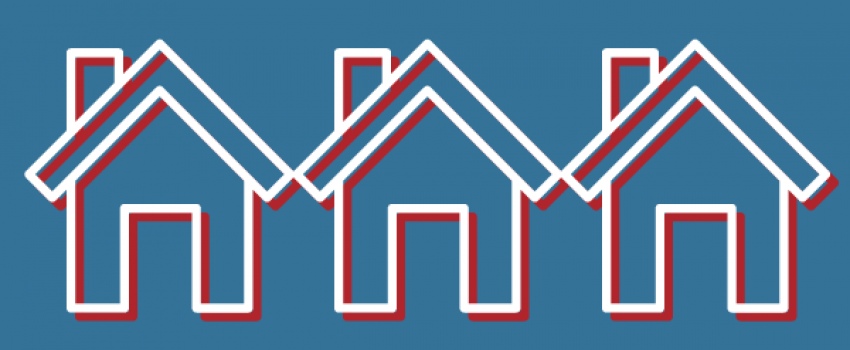According to a recent report released by the National Multifamily Housing Council (NMHC), in collaboration with several other real estate research organizations, almost one-third of tenants residing in apartments failed to make timely payments of rent due at the beginning of April.
The data offers stark insight into the struggles that a significant portion of American tenants are facing when it comes to paying their rent during the COVID-19 outbreak.
According to the NMHC study, only 69% of renters submitted any portion of their rental fee between April 1 and April 5, a drastic decline from the 82% of tenants that did so in the preceding year.
The NMHC data comes from the NMHC Rent Payment Tracker, which compiles information from NMHC’s partners, and is comprised of information covering more than 13 million rental units. The data does not account for single-family properties, smaller multi-family properties, low income properties, public housing, or other government-subsidized affordable housing options.
A certain percentage of the delinquent renters will enjoy temporary eviction protection by a combination of federal and municipal statutes. However, there is concern that the outstanding rental payments could trigger a downward spiral that initially results in the default of commercial mortgages, and subsequently leads to the sapping of bond investments that were backed by those loans.
The federal government has offered relief to apartment development owners with government-backed loans in the form of temporary deferment of their mortgage payments. In addition, the Federal Reserve announced that it would purchase bonds associated with specific multi-family mortgages.
These federal actions, however, only focus on one sector of the entire rental market, and do not alleviate the stress experienced by the parties to loans that lack government guarantees. The Urban Institute, a think tank headquartered in Washington, D.C., estimates that over two-thirds of rental units in the country are not federally guaranteed, and, thus, are not covered by the protections implemented in the recent stimulus package. As a result, a majority of lenders and apartments owners will need to work together to create solutions that are palatable to all parties, including loan workouts with payment reductions or deferrals.






